Thinking about getting a GST number for your freelance business? You’re not alone. Many freelancers and consultants wonder if registering for GST is worth the extra paperwork. The good news? There are some serious perks to taking this step, especially as your business grows. If you are looking for expert professionals who can help you with the GST Apply Online process in India, reach out to Eazy Startups.
Let’s break down the real benefits of the GST Apply for freelancers and consultants:-
1. You Look More Professional
2. You Can Claim Input Tax Credits
3. No Revenue Limits to Worry About
4. Easier Access to Business Banking
5. Simplified Record-Keeping
6. Smooth Dealings With International Clients
7. Future-Proof Your Business
You Look More Professional:
Let’s be honest – having a GST number instantly boosts your professional image. Clients who see you’re GST-registered view you as a legitimate business rather than someone doing occasional side gigs. Working with GST-registered freelancers is preferred or sometimes required for many corporate clients. That registration number on your invoice sends a clear message: you’re serious about your business.
You Can Claim Input Tax Credits:
Here’s where things get good for your wallet. Once registered, you can claim back the GST you pay on business expenses. Buy a new laptop? Claim the GST. Office supplies? Claim it. Business travel? Yep, that too. These input tax credits add up quickly and can substantially reduce what you owe at tax time. Many freelancers find they save money after registering.
No Revenue Limits to Worry About:
Without GST Registration, you’ll constantly watch your revenue to stay under threshold limits. Miss that you’ve crossed the mandatory registration threshold and could face penalties. Registering voluntarily before you hit those limits removes this stress completely. Your business can grow freely without tax compliance worries hanging over your head.
Easier Access to Business Banking:
Many banks offer better business account options to GST-registered businesses. You might qualify for accounts with lower fees, better interest rates, or specialized services for small businesses. Some credit card companies also offer better business credit cards to registered businesses, which can help manage cash flow during lean months.
Simplified Record-Keeping:
While it might seem counterintuitive, many freelancers find that GST registration improves their bookkeeping habits. The regular reporting cycles force you to stay on top of your finances rather than scrambling at tax time. This discipline often leads to better financial awareness and smarter business decisions throughout the year.
Smooth Dealings With International Clients:
GST registration can simplify your tax situation if you work with international clients. In many cases, services provided to overseas clients are GST-free supplies, meaning you don’t charge GST on these invoices. Proper GST registration helps document these transactions clearly and avoid confusion with tax authorities about your international income.
Future-Proof Your Business:
As your freelance business grows, you’ll eventually need to register anyway. By doing it early, you avoid the headache of changing your pricing and invoicing mid-growth. When you register, your clients won’t face sudden price increases, and you’ll establish consistent financial practices from the start. Think of it as an investment in your business future.
The Bottom Line
Getting your GST registration isn’t just about ticking a compliance box – it’s about setting your freelance business up for success. While there’s some extra paperwork involved, the benefits typically outweigh the hassle, especially as your business grows. The professional credibility, tax savings, and business advantages make registration worth considering, even if you haven’t hit the mandatory threshold yet. Your future self will thank you for leaping sooner rather than later.
If you are searching for the best place to get professional help with GST Apply or GST Filing Online in India, contact Eazy Startups today. Our expert team makes the process simple, fast, and stress-free—perfect for freelancers, consultants, and small business owners across India. Contact us for more information.

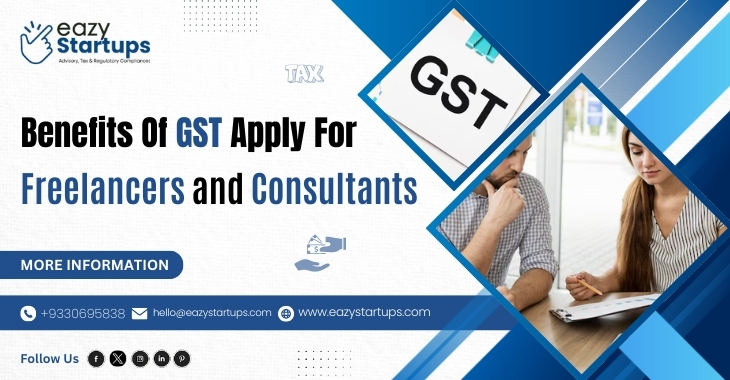

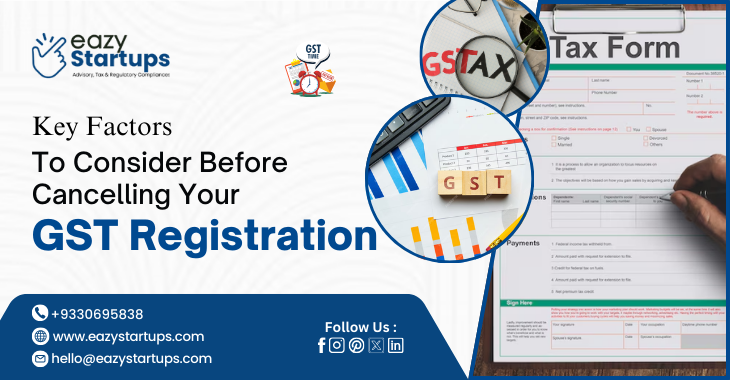
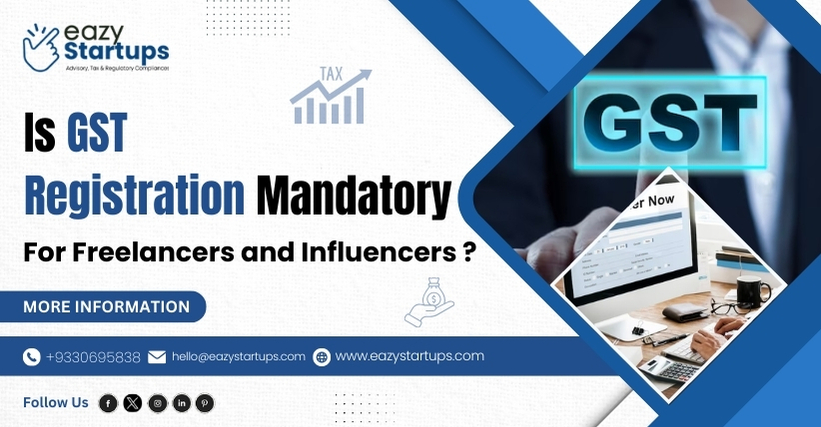
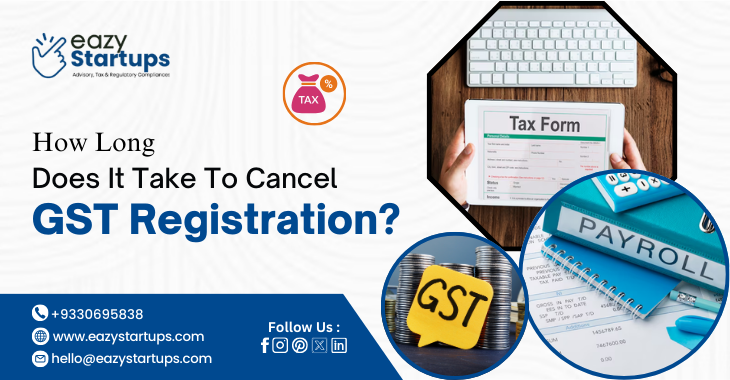
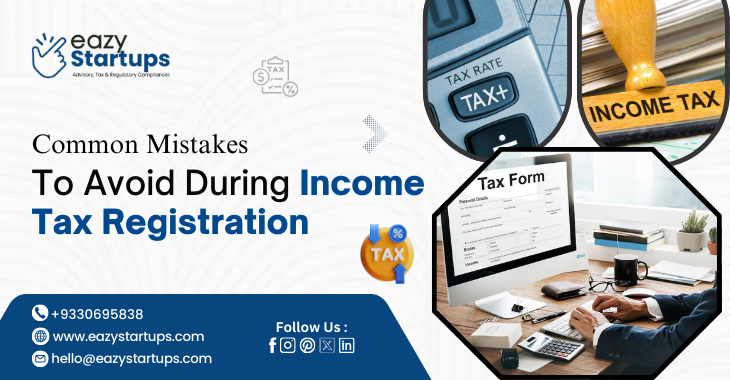
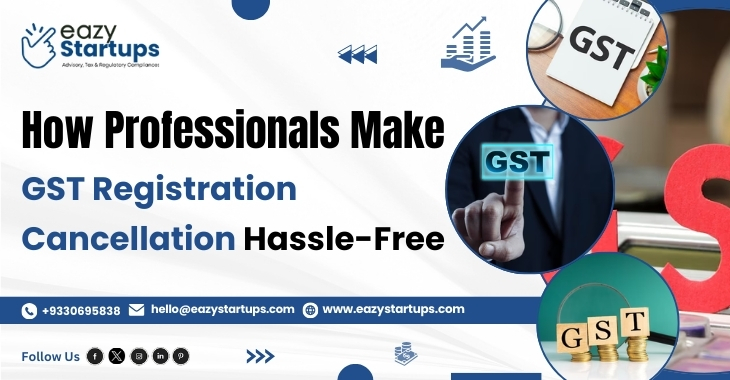

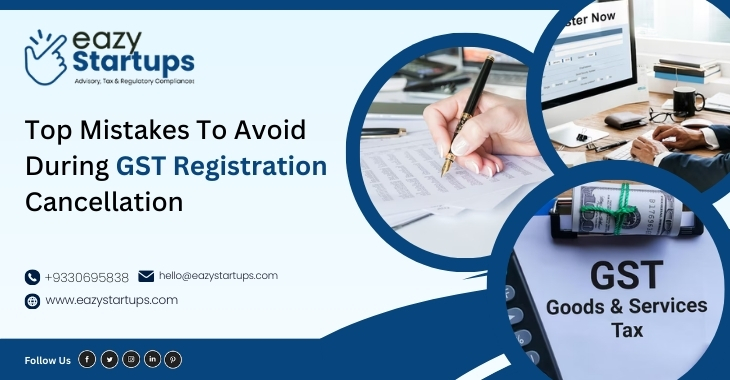
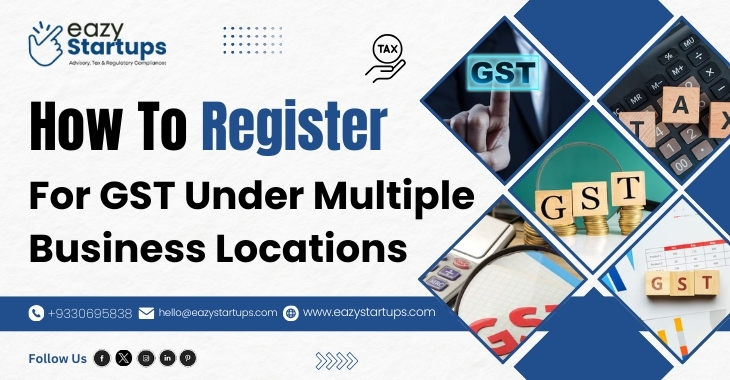
Recent Comments